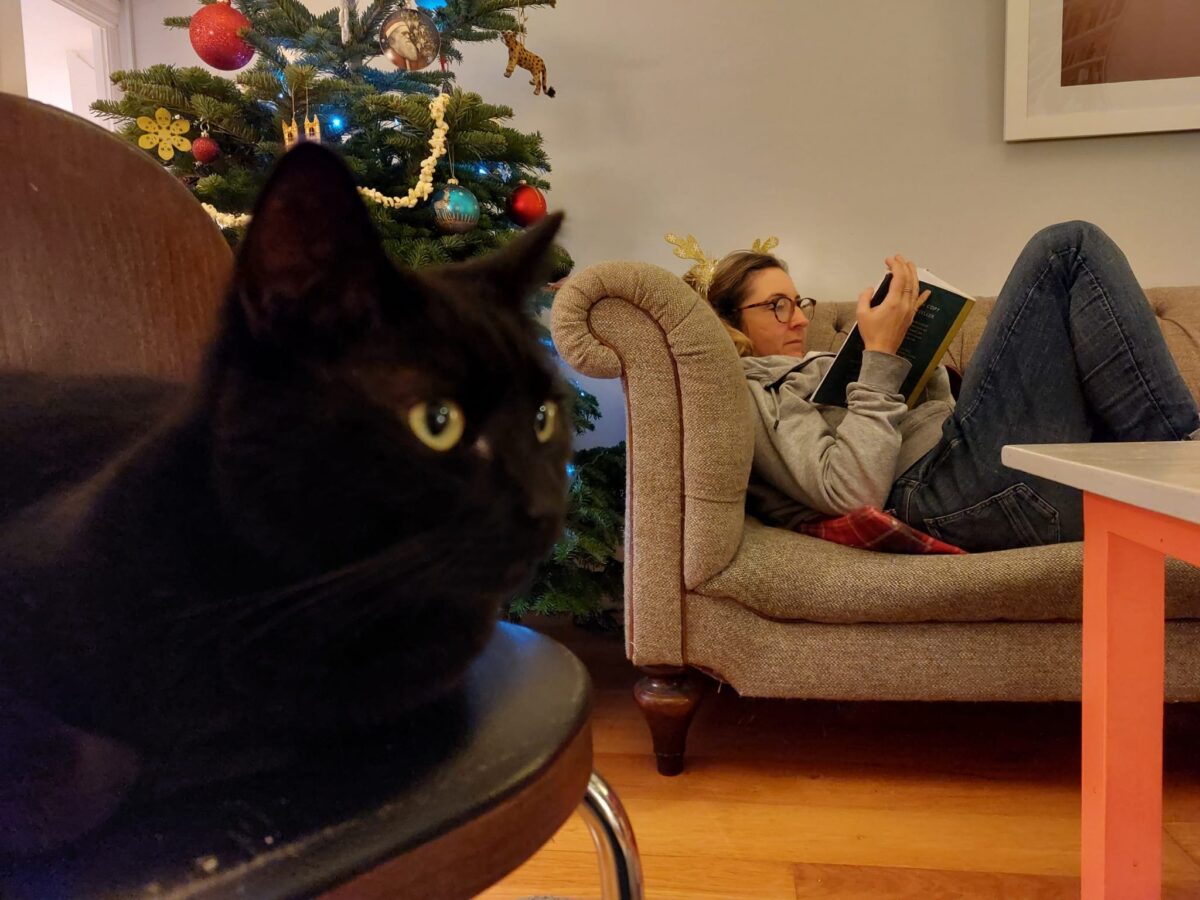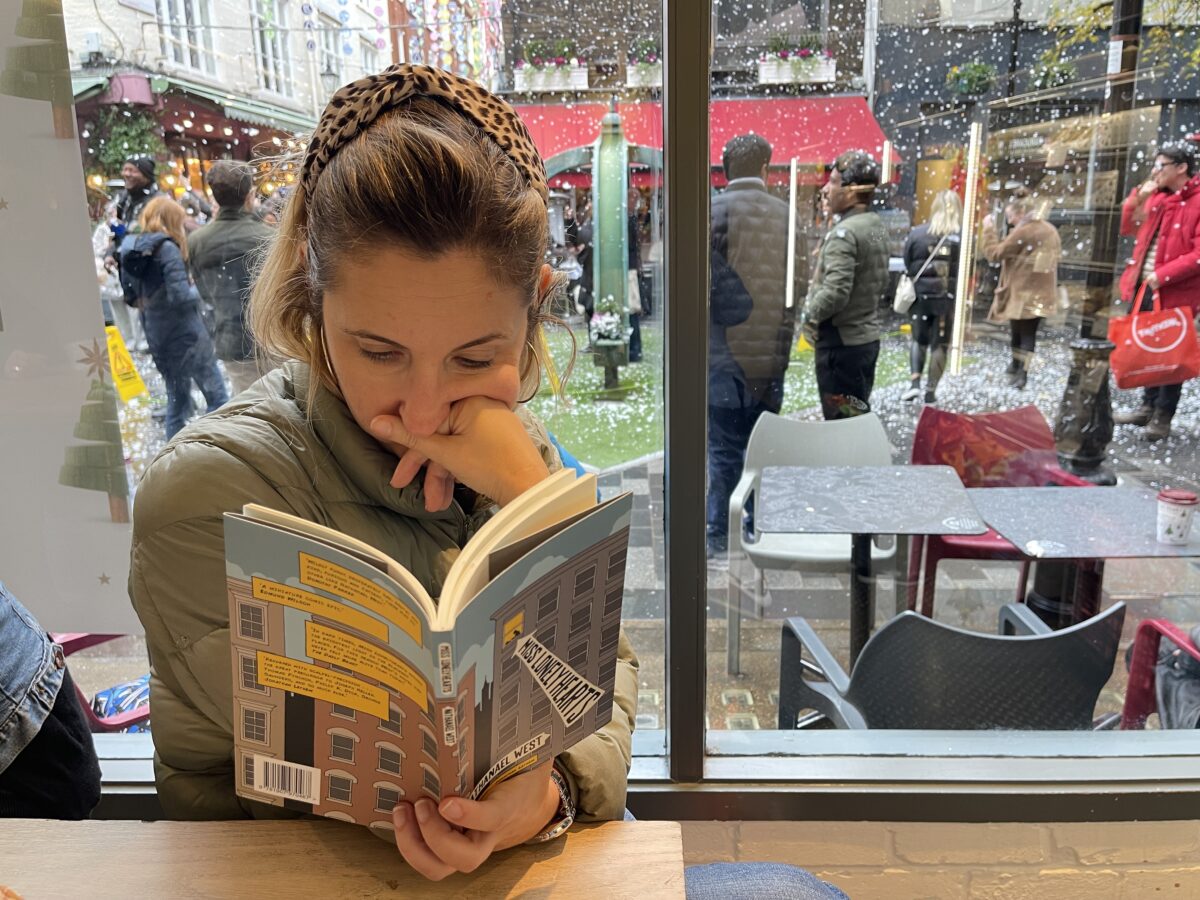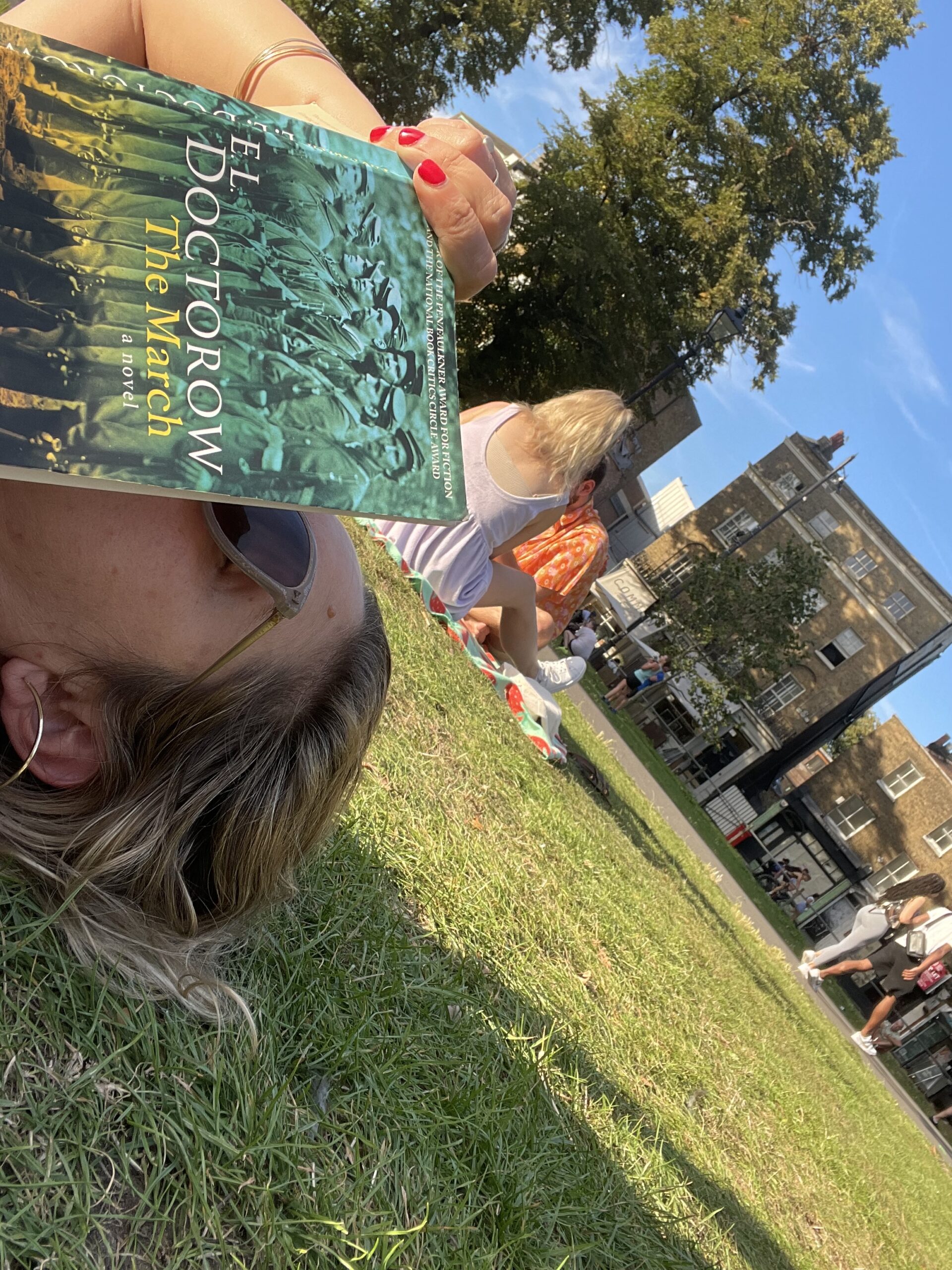It is strange how few books there are by immigrants, and how many by immigrants’ children. My theory is we immigrants are busy, trying to assimilate or live the capitalist dream or whatever, and it’s the children who have the free time to try and understand what just happened.
In this book an American man, the child of a Guatemalan and a Ukrainian Jew, puts the effort in. Some parts of it I found pretty interesting, like his flashbacks to middle school, and a particularly epic high school crush. Other parts were less interesting, like where he visits his mother in her retirement home, tirelessly grilling her about Guatemalan history despite her advancing dementia. I mean I get it: he is deep in middle age, and wants it all to have some meant something. Good luck with that I guess.









